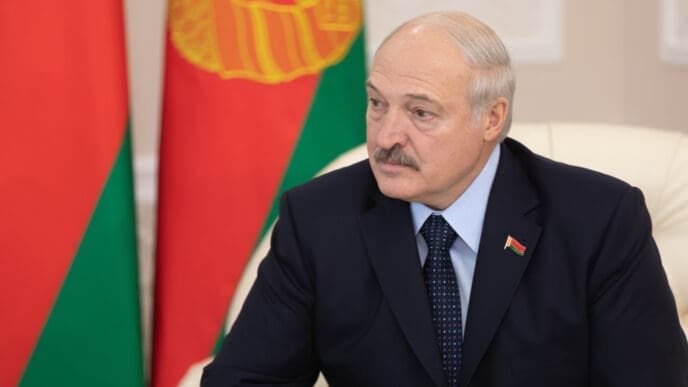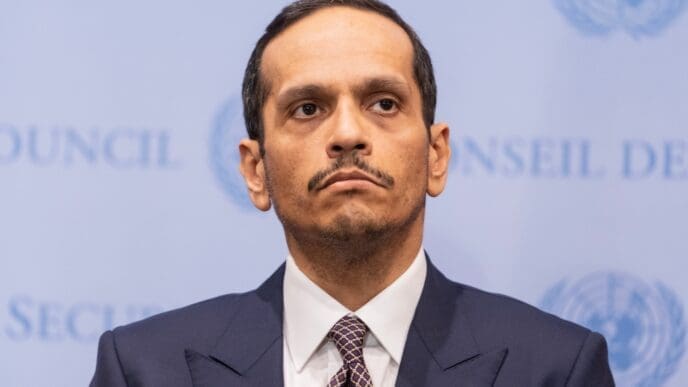Guatemalan President Bernardo Arévalo announced a significant agreement to accept migrants from other countries who are deported from the United States. This agreement, reached during a meeting with U.S. Secretary of State Marco Rubio, represents the second such arrangement during Rubio’s diplomatic mission to Central America.
Under the new agreement, deportees from non-native countries will be sent back to their respective home countries at the expense of the United States. President Arévalo explained that Guatemala will increase the number of deportation flights by 40%, which will include both Guatemalans and foreign nationals. Guatemala has been engaged in receiving deportees from the U.S. through both civilian and military flights.
El Salvador has also entered into a similar, albeit broader, agreement. President Nayib Bukele stated that his country would accept deportees of any nationality, including American citizens and legal residents convicted of violent crimes. However, the legal basis for these agreements remains uncertain. Former President Donald Trump expressed interest in a similar strategy, but acknowledged potential legal challenges.
Secretary of State Rubio described the arrangement with Guatemala as generous, noting the legal complexities involved given constitutional constraints. Immigration continues to be a priority for the U.S. administration, and Rubio’s visit to Central America reflects this focus, as it includes efforts to dismantle the U.S. Agency for International Development (USAID).
Following the press conference in Guatemala City, Rubio visited the U.S. Embassy to meet with staff and their families, many of whom are facing an uncertain future due to the changes at USAID. This meeting was closed to the media, highlighting the sensitive nature of the discussions.
The agreement between Guatemala and the United States marks an important step in addressing immigration challenges. While it showcases cooperation between nations, it also underlines the complex legal and logistical issues inherent in managing migrant flows. The implications of such agreements will continue to evolve as the political and legal landscapes shift.












